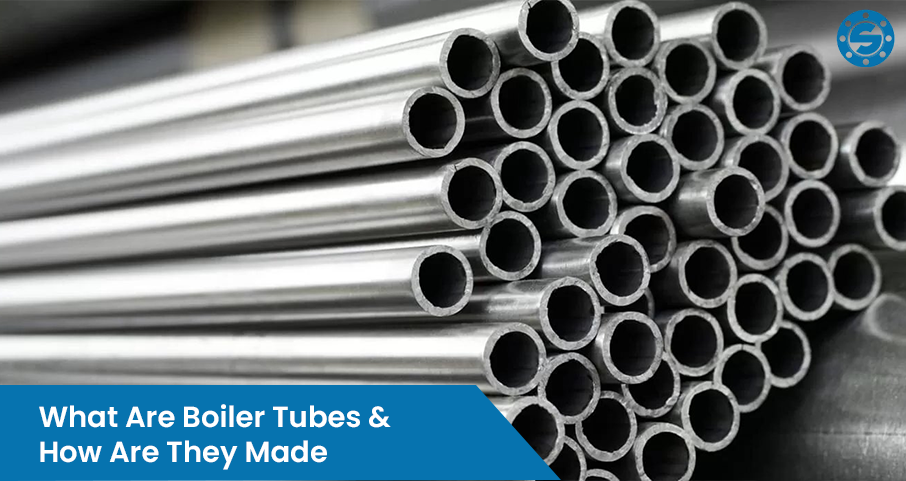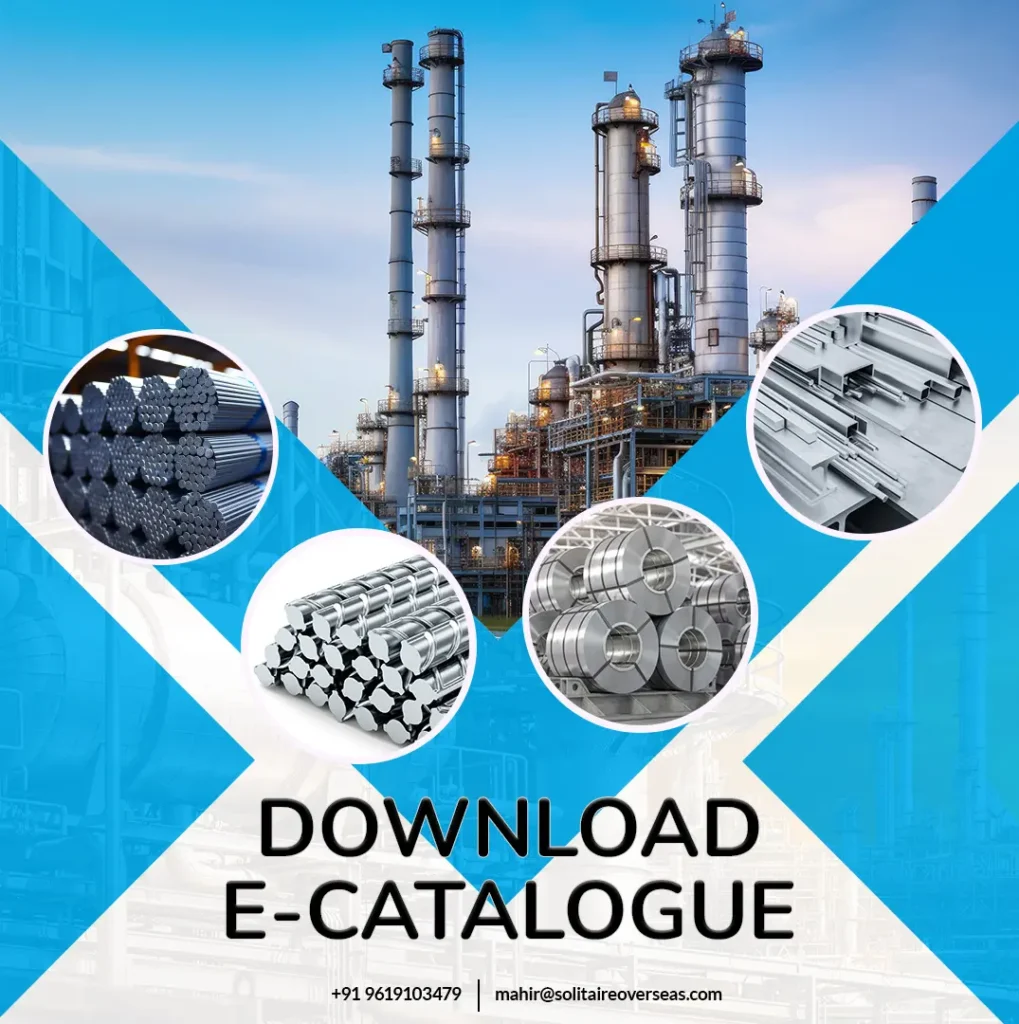How Boiler Tubes Are Made

Boiler tubes, made from either carbon or alloy steel, are typically manufactured as seamless tubes for strength and durability, especially suited for use in steam boilers and power plants. They are available as medium-pressure or high-pressure pipes, depending on the application.
The manufacturing process for boiler tubes includes steps like fine drawing, surface finishing, hot rolling, cold drawing, and heat expansion. For high-pressure boiler tubes, additional heat treatments enhance strength, hardness, and resistance to wear.
Heat Treatment Process
- Quenching: The tube is heated uniformly, then rapidly cooled by immersion in water or oil, which hardens the material. It’s then air-cooled or placed in a freezing zone.
- Tempering: This step removes brittleness from the tube caused by quenching, ensuring the material does not crack or become overly fragile.
- Annealing: The tube is heated to a critical temperature and then cooled slowly in ash or lime. This process relieves internal stresses and improves durability.
These steps make boiler tubes highly reliable for high-stress, high-temperature environments like power generation and industrial processing.
Write to us
Rust Removal Methods for Boiler Tubes
There are several ways to remove rust from boiler tubes, each suited to different cleaning needs:
- Solvent and Emulsion Cleaning: This is the simplest method, using a solvent or emulsion to clean away dust, oil, and light debris. However, it does not remove deeper organic residues.
- Manual or Power Tool Cleaning: Using hand or power tools can effectively remove oxide layers, welding slag, and surface rust.
- Chemical and Electrolytic (Acid) Cleaning: This common method involves using chemicals to dissolve rust and deposits. It’s often effective for deeper cleaning.
- Spray Rust Removal: Ideal for thorough cleaning, spray rust removal can remove dirt, oxide layers, and rust effectively. Additionally, it can improve the tube’s surface roughness, making it more suitable for certain applications.
How to Choose High-Quality Boiler Tubes
To select high-quality boiler tubes, consider these key factors:
- Cross-Section Inspection: Examine the tube’s cross-section. A good quality seamless tube will have a smooth, even cross-section without bumps or irregularities.
- Density Check: Assess the tube’s density to gauge impurity levels. Lower density may indicate higher impurity content, so avoid tubes with low density.
- Trademark Verification: Look for the manufacturer’s trademark on the tube. Reputable manufacturers mark their tubes, which helps ensure authenticity and quality.
- Surface Quality: A good boiler tube should have a smooth, clean surface. If you notice rough or uneven areas, it may indicate lower quality.
Conclusion
Boiler tubes are critical components in power generation and industrial applications, designed for durability and high performance. The seamless manufacturing process, along with specialized heat treatments for high-pressure tubes, ensures strength, resistance to wear, and reliability under extreme conditions. Understanding how boiler tubes are made highlights the precision and care needed to produce these essential parts for safe and efficient operation.
FAQs
Boiler tubes commonly use low-alloy steels with elements like chromium, nickel, molybdenum, and vanadium; 9–12% chromium steels; austenitic stainless and heat-resisting steels; and nickel-base alloys
SA 210 Grade A1 is a boiler tube material commonly used in thermal power plants and waste heat recovery boilers. It withstands temperatures from -400°C to 300°C and can endure direct furnace exposure at high temperatures.
Boiler Quality (BQ) steel plate is a high-grade carbon steel intended for boilers and pressure vessels, designed to endure extreme pressure and temperature conditions effectively.


